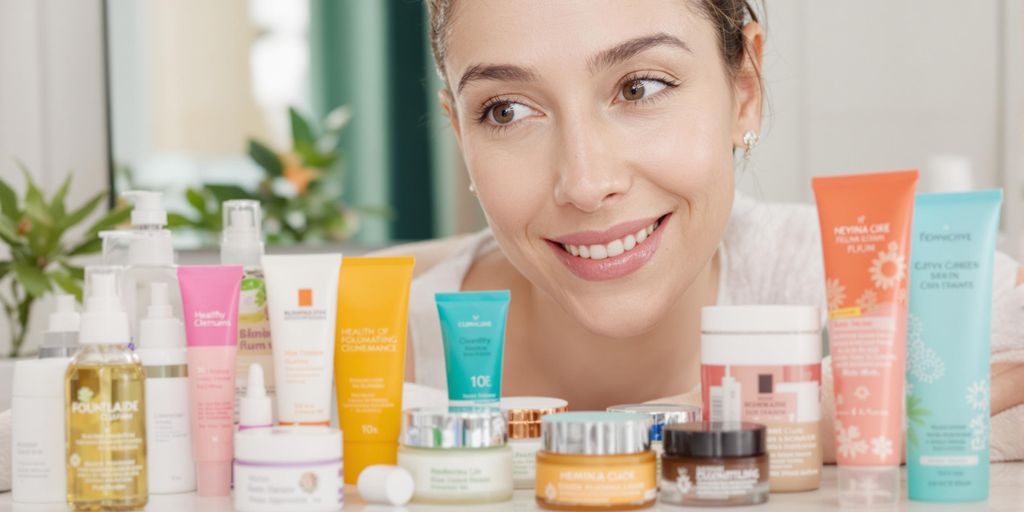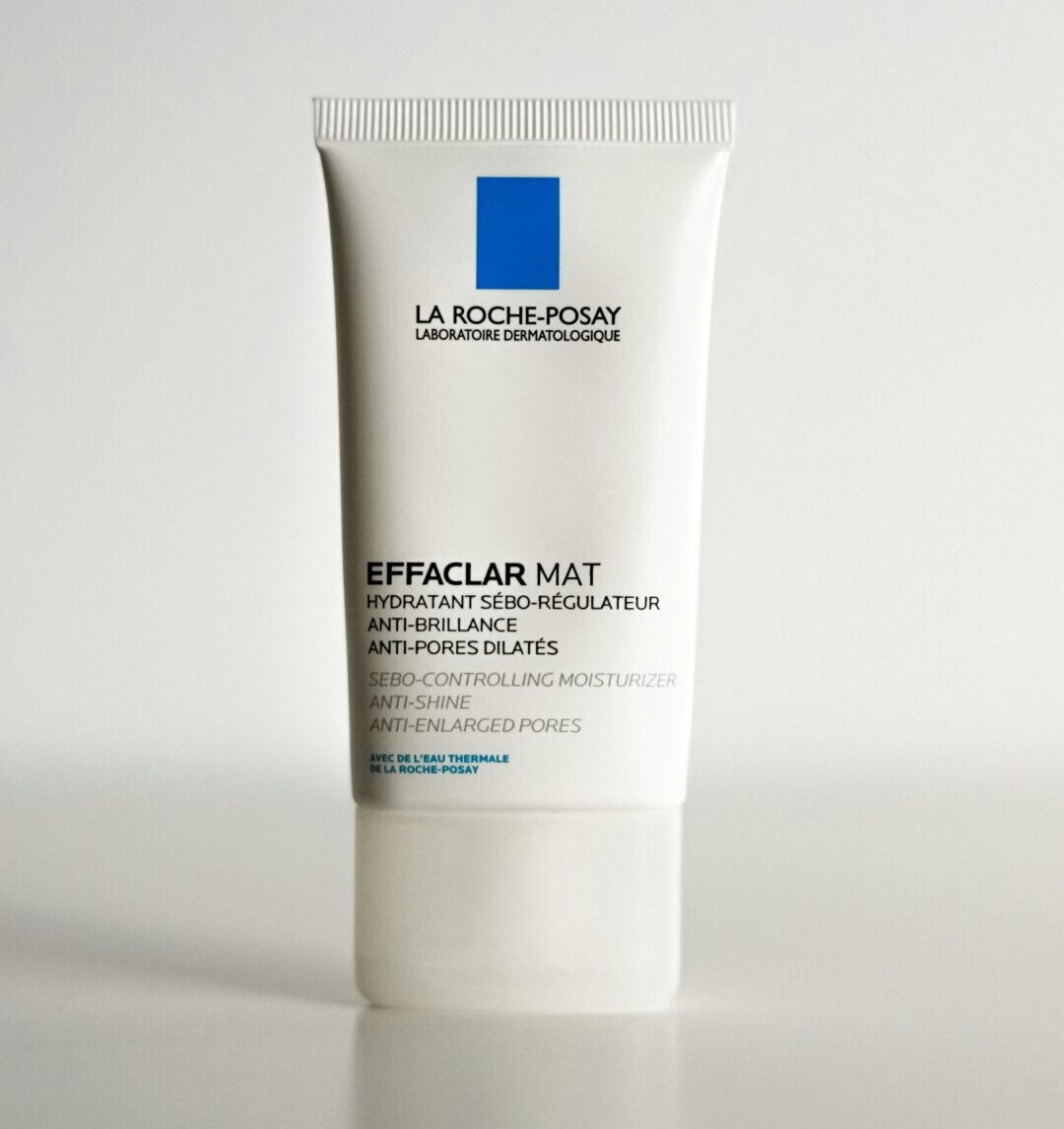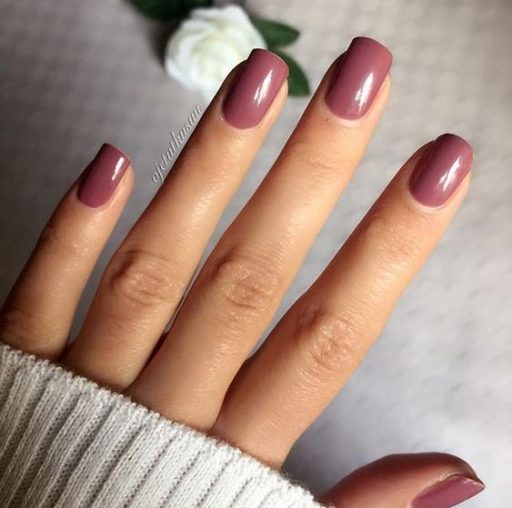When it comes to skincare, there’s a lot of noise out there. Between social media influencers, celebrity endorsements, and endless product claims, it’s easy to get lost in what’s real and what’s just a marketing gimmick. Dermatologists have seen it all and want to clear up some common misconceptions. Here are the skincare lies you might be falling for and what the experts really think about them.
Key Takeaways
- Natural doesn’t always mean better; some synthetic ingredients can be beneficial.
- Celebrity endorsements don’t guarantee effectiveness; those stars often have access to exclusive treatments and professionals.
- Not every skin type requires the same products; it’s important to tailor your routine to your unique skin needs.
- Anti-aging products can’t turn back time; they may help but won’t completely reverse aging.
- A complicated routine isn’t necessary; sometimes, less is more when it comes to skincare.
Skincare Lies About Ingredients
Natural Ingredients Are Always Better
Okay, let’s get one thing straight: “natural” doesn’t automatically equal “better” when it comes to skincare. I used to think anything from nature was automatically good for my skin, but that’s just not true. Poison ivy is natural, right? So are a bunch of other things that would wreak havoc on your face. Synthetic ingredients can be just as, if not more, effective and often undergo more rigorous testing for safety and purity. Don’t fall for the marketing hype. It’s about what works for your skin, not just what sounds good on the label.
More Ingredients Mean Better Results
I used to think that if a product had a laundry list of ingredients, it must be super effective. Like, the more, the merrier, right? Wrong! Sometimes, less is more. Your skin can only absorb so much, and overloading it with a ton of different ingredients can actually lead to irritation or even allergic reactions. Plus, some ingredients can counteract each other, making the product less effective overall. It’s better to focus on a few key ingredients that are proven to work for your specific skin concerns.
Fragrance-Free Products Are Always Safe
Fragrance-free sounds like a safe bet, right? I thought so too. But here’s the thing: “Fragrance-free” doesn’t always mean completely free of potential irritants. Sometimes, products labeled fragrance-free still contain masking fragrances to cover up the natural scent of other ingredients. These masking fragrances can be just as irritating as added fragrances. Plus, some essential oils, which are often used in place of synthetic fragrances, can also cause reactions in sensitive skin. Always check the full ingredient list, even if it says “fragrance-free.”
The Myth of Celebrity Endorsements
It’s so easy to get sucked into believing that if a celebrity uses a product, it must be amazing. But let’s be real, there’s a lot more to it than just the cream they’re slathering on their face.
Celebrities Use What They Promote
Do celebrities actually use the products they endorse? Sometimes, maybe. But often, it’s just a business deal. They’re getting paid to say they love something, regardless of whether they actually do. It’s marketing, plain and simple. They might have a whole team of dermatologists, aestheticians, and makeup artists helping them look flawless, and that one product is just a tiny piece of the puzzle. Don’t assume their glowing skin is solely thanks to that one serum they’re promoting.
You Can Achieve Celebrity Skin
Okay, this is a big one. Can you really get celebrity skin? Probably not. Celebrities have access to treatments and procedures that most people don’t. Think about it: regular facials, laser treatments, and maybe even cosmetic surgery. Plus, they have professionals doing their makeup and lighting them perfectly for every photo. It’s an illusion! While you can definitely improve your skin’s health and appearance, aiming for an unattainable ideal is just setting yourself up for disappointment. Focus on what makes your skin happy and healthy.
Influencers Know Best About Skincare
Just because someone has a lot of followers doesn’t mean they’re a skincare expert. Many influencers are paid to promote products, and they might not have any real knowledge about skincare ingredients or skin types. Always take their recommendations with a grain of salt. Do your own research, read reviews from multiple sources, and talk to a dermatologist if you have specific concerns. Don’t blindly trust someone just because they have a pretty face and a large following.
Misconceptions About Skin Types
All Skin Types Need the Same Care
It’s easy to think that a universal skincare routine will work for everyone, but that’s just not true. Your skin type is unique, and what works for your best friend might not work for you. Think of it like this: you wouldn’t wear the same size shoes as everyone else, right? The same goes for skincare. Someone with oily skin will have very different needs than someone with dry skin. Using the wrong products can lead to breakouts, irritation, or just plain ineffective results. It’s worth taking the time to figure out your skin type and tailor your routine accordingly.
Oily Skin Doesn’t Need Moisturizer
This is a big one! A lot of people with oily skin skip moisturizer because they’re afraid it will make them even oilier. But here’s the thing: even oily skin needs hydration. When your skin is dehydrated, it can actually produce more oil to compensate, leading to a vicious cycle. The key is to choose the right kind of moisturizer. Look for lightweight, oil-free, and non-comedogenic formulas that will hydrate your skin without clogging your pores. Gel moisturizers are often a good choice for oily skin. Don’t be afraid to experiment until you find something that works for you.
Sensitive Skin Should Avoid All Products
If you have sensitive skin, it’s understandable that you might be wary of trying new products. It can feel like everything irritates your skin! However, avoiding all products isn’t the answer. Your skin still needs to be cleansed, hydrated, and protected from the sun. The trick is to be extra careful about the ingredients you use. Look for products that are fragrance-free, hypoallergenic, and specifically formulated for sensitive skin. Patch-test new products on a small area of your skin before applying them to your entire face. And when in doubt, consult a dermatologist for personalized recommendations.
The Truth About Anti-Aging Products
Anti-Aging Products Work for Everyone
It’s easy to get sucked into the hype, but the truth is, anti-aging products aren’t a one-size-fits-all solution. What works wonders for your friend might do absolutely nothing for you, and that’s okay! Genetics, lifestyle, and environment all play huge roles in how your skin ages. So, while a fancy cream might help some, it’s not a guaranteed fountain of youth for everyone. It’s more about finding what works for your unique skin.
You Can Reverse Aging with Creams
Let’s be real: no cream can turn back time. Sure, some products can minimize the appearance of wrinkles or improve skin texture, but they can’t actually reverse the aging process. Think of them more like temporary fixes or ways to slow things down a bit. It’s like trying to fix a leaky faucet with a band-aid – it might help for a little while, but it’s not a permanent solution.
More Expensive Means More Effective
Price tags can be deceiving. Just because a product costs a fortune doesn’t automatically mean it’s better than a cheaper alternative. Often, you’re paying for fancy packaging, marketing, or a brand name, not necessarily better ingredients or results.
Here’s a quick breakdown:
- Ingredient Concentration: Sometimes, cheaper products have similar concentrations of active ingredients.
- Formulation: The way ingredients are combined matters more than the price.
- Personal Compatibility: Your skin might love a drugstore brand more than a luxury one.
Don’t fall for the trap of thinking that the most expensive product is always the best. Do your research and see what ingredients actually work for your skin type.
Skincare Lies About Routine
You Need a 10-Step Routine
Okay, let’s be real. Who actually has time for a 10-step skincare routine every single morning and night? It sounds exhausting, right? The truth is, you don’t need a million products to have healthy skin. A simple routine with a cleanser, moisturizer, and sunscreen can often be enough. It’s more about finding the right products for your skin and being consistent, not about the number of steps. I used to think more was better, but my skin actually improved when I cut back on the number of products I was using. It’s all about quality over quantity, people!
Skipping Sunscreen Is Okay
This is a big no-no. Seriously, don’t even think about skipping sunscreen. It doesn’t matter if it’s cloudy, sunny, or anything in between. Sunscreen is your best friend when it comes to preventing premature aging, sun damage, and, you know, skin cancer. Make it a non-negotiable part of your daily routine. I know it can feel like an extra step, but trust me, your future self will thank you. Find a sunscreen you like and wear it every single day. You can even get moisturizers with SPF built in to save time. No excuses!
You Should Change Products Frequently
I used to think that my skin would get “used to” products if I used them for too long, so I was constantly switching things up. Turns out, that’s not really a thing. In fact, constantly changing products can actually irritate your skin. If you find a routine that works for you, stick with it! There’s no need to reinvent the wheel every month. Of course, your skin’s needs might change over time, but don’t feel pressured to constantly buy the latest and greatest thing. Consistency is key!
The Fallacy of Instant Results
It’s so tempting to believe those ads promising overnight miracles, isn’t it? You see a product claiming to erase wrinkles in a week or clear up acne in a day, and you think, “Finally, a solution!” But let’s be real, skincare doesn’t usually work that way. Most of the time, real, lasting change takes time and consistency. Don’t fall for the hype; understand what’s realistic and what’s just clever marketing.
Miracle Products Exist
Okay, let’s get one thing straight: miracle products? They’re mostly a myth. Sure, some products might give you a temporary boost – like a face mask that makes your skin look brighter for a few hours. But the idea that a single cream or serum can completely transform your skin overnight is usually just not true. Remember that retinol is still the gold standard, even after all these years.
You Can Fix Skin Issues Overnight
Think about it: your skin is a complex organ, and it takes time for it to respond to treatments. You can’t undo years of sun damage or hormonal imbalances with a single application of anything. It’s like expecting to get in shape after one workout – it just doesn’t work that way. Instead of chasing overnight fixes, focus on building a solid skincare routine and being patient.
Immediate Results Are Always Reliable
Sometimes, you might see immediate results from a product, but that doesn’t always mean it’s a good thing. For example, a product might temporarily tighten your skin, making wrinkles appear less visible. But if it’s doing that by drying out your skin, it could actually be causing more damage in the long run. Always look beyond the immediate effects and consider the long-term health of your skin. Just because a product claims are true, doesn’t mean they are!
Common Misunderstandings About Acne
Acne Is Only a Teen Problem
It’s easy to think acne is just a teenage thing, but that’s not really true. Adult acne is super common. You might think you’re in the clear after high school, but hormonal changes, stress, and even certain skincare products can cause breakouts well into your 20s, 30s, and beyond. It’s definitely not just a phase for everyone.
Diet Has No Effect on Skin
Okay, so you might hear people say that what you eat doesn’t affect your skin, but that’s a big maybe. While a single chocolate bar won’t cause a massive breakout, a consistently poor diet can definitely play a role in your skin’s health.
Here’s a quick breakdown:
- High-glycemic foods: Can lead to inflammation.
- Dairy: Some people find it worsens their acne.
- Processed foods: Often lack nutrients that support healthy skin.
It’s not a one-size-fits-all thing, but paying attention to your diet is worth it.
Popping Pimples Is Harmless
Seriously, resist the urge! I know it’s tempting, but popping pimples is one of the worst things you can do. You’re basically inviting infection and scarring. When you squeeze a pimple, you can push the contents deeper into your skin, causing more inflammation and potentially leading to a bigger, nastier breakout. Plus, you risk permanent scarring. Just leave it alone and let it heal on its own, or see a dermatologist for safe extraction.
Wrapping It Up: The Truth About Skincare
In the end, it’s clear that the skincare world is full of myths and misleading claims. We’ve all been there, believing that the latest product or trend will solve all our skin issues. But as dermatologists point out, many of these so-called truths are just clever marketing. It’s important to do your own research and not just follow the crowd. Stick to what works for your skin, and don’t be afraid to question the hype. Remember, healthy skin doesn’t come from a magic bottle; it comes from understanding your own needs and taking care of yourself.
Frequently Asked Questions
Are natural ingredients always safer for my skin?
Not necessarily. Just because something is natural doesn’t mean it’s good for everyone. Some natural ingredients can cause irritation or allergic reactions.
Do I need a lot of different products to have healthy skin?
No, using too many products can actually irritate your skin. It’s better to stick with a few effective products that suit your skin type.
Is it true that celebrities use the products they promote?
Often, celebrities have access to many treatments and professionals that the average person doesn’t. They may not actually use the products they endorse.
Can I get rid of wrinkles just by using creams?
While some creams can help improve the appearance of skin, you can’t completely reverse aging just with topical products.
Is it okay to skip sunscreen if it’s cloudy?
No, UV rays can still harm your skin on cloudy days. You should wear sunscreen every day, regardless of the weather.
Can I fix my acne overnight with a special product?
No product can completely clear acne overnight. It usually takes time and consistent care to see improvement.




![“Kerassentials Review” : [My Updates Reviews 2024] — Does It Work & Is It Safe? 3 049e8bfe 6112 4c16 aa9b b331dee37d90 “Kerassentials Review” : [My Updates Reviews 2024] — Does It Work & Is It Safe?](https://beautinews.com/wp-content/uploads/2024/10/049e8bfe-6112-4c16-aa9b-b331dee37d90.jpg)
